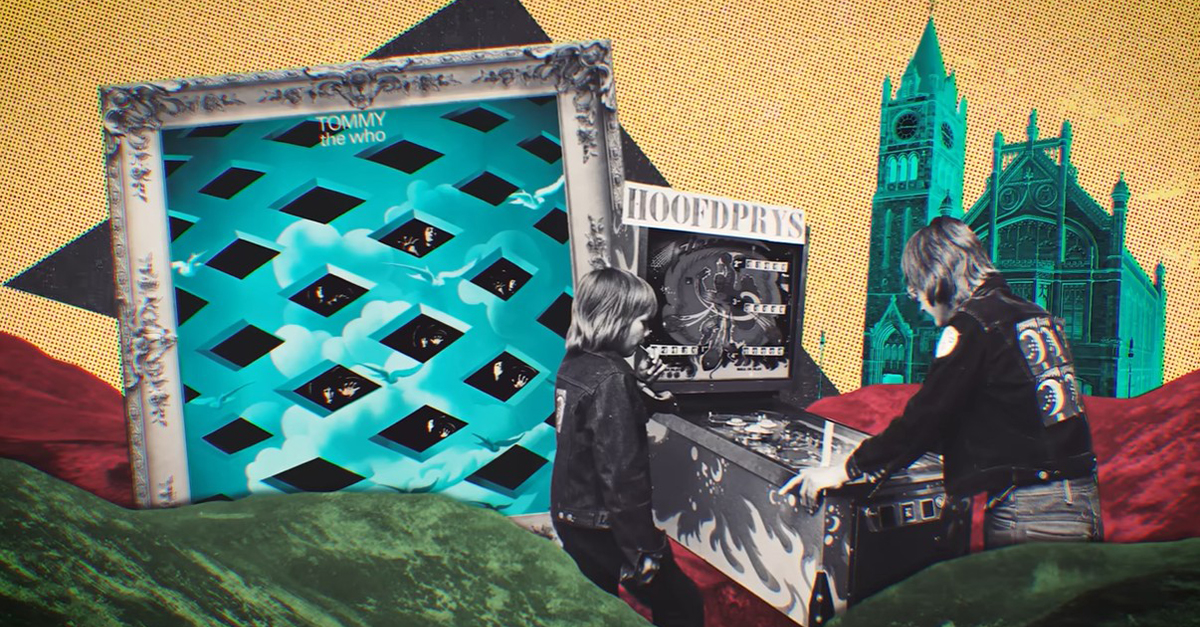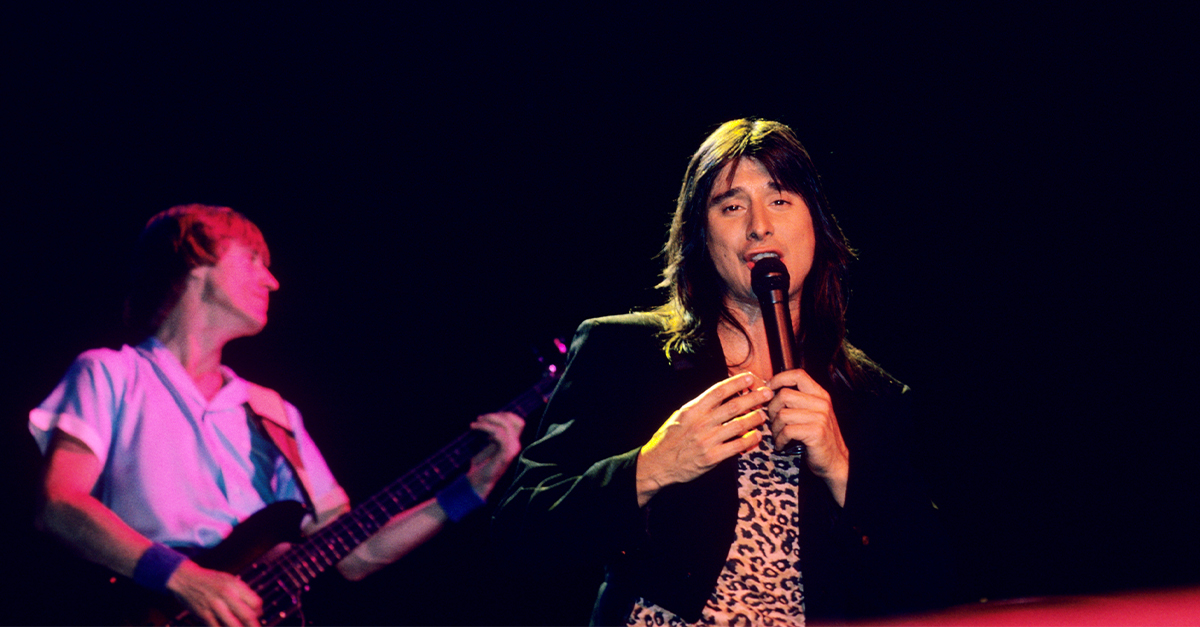Better Than The Sum Of Its Parts
Concept albums transcend collections of singles. They tell a unified story through several songs and attempt to take the listener on an epic journey. From rock operas to thematic sagas in hip-hop and pop, these are some of the boldest statements ever made in album form in recorded music.
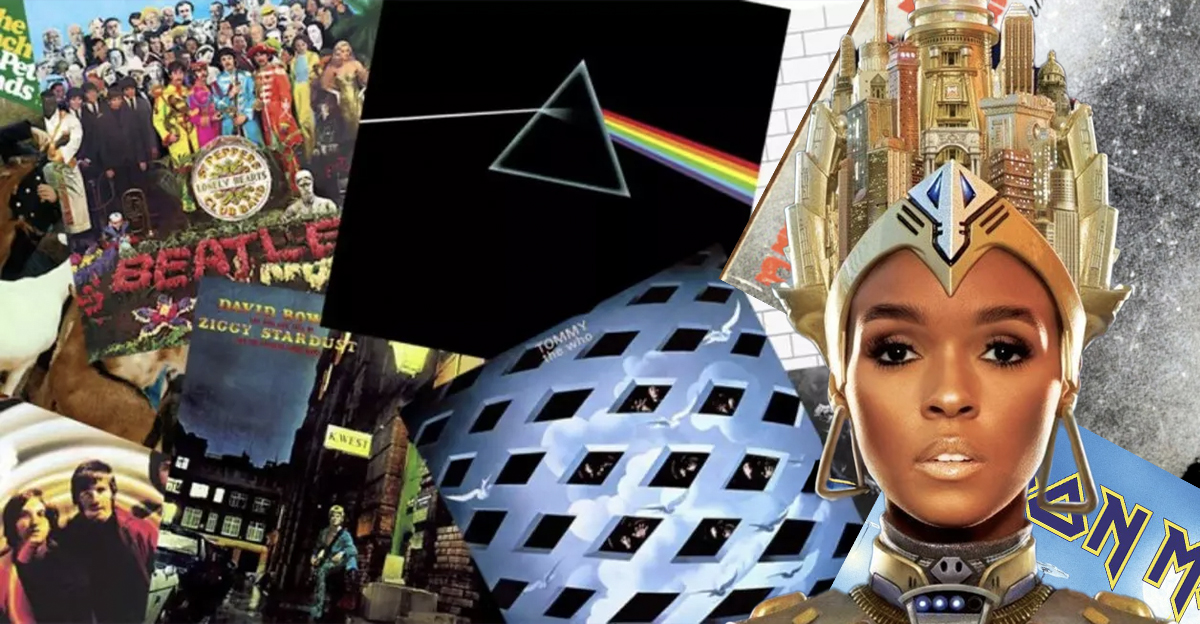
Janelle Monáe – The ArchAndroid (2010)
Monáe’s album is built around the futuristic story of an android messiah. Across two suites, it fuses R&B, rock, jazz, and operatic storytelling. The transitions and narrative cohesion give the album the feel of a sci-fi musical in record form.
Lou Reed – Berlin (1973)
Berlin is a tragic rock opera about a doomed couple, Jim and Caroline, struggling with addiction, violence, and despair. Initially written off by the rock press, it has been praised in the decades since for its storytelling ambition and emotional rawness.
 Friday On The Turntable: Lou Reed - Berlin, Bret Helm's Life On This Planet Blog
Friday On The Turntable: Lou Reed - Berlin, Bret Helm's Life On This Planet Blog
Pink Floyd – Animals (1977)
With song ideas drawn from Orwell’s Animal Farm, Animals critiques society’s greed and power structures through animal metaphors. The album’s dark feel and structural division into “Dogs,” “Pigs,” and “Sheep” make it a unified concept work of cynicism and social satire.
 Animals - Pink Floyd Album Reviews (Ft. Todd Meredith), JTCurtisMusic
Animals - Pink Floyd Album Reviews (Ft. Todd Meredith), JTCurtisMusic
The Mars Volta – De-Loused In The Comatorium (2003)
This ambitious album tells the story of Cerpin Taxt, trapped in a coma between life and death. With feverish instrumentation, surreal imagery, and fractured narratives, it’s a modern rock opera pushing the boundaries of excess and storytelling.
Genesis – The Lamb Lies Down On Broadway (1974)
Peter Gabriel’s double LP tells the surreal tale of Rael, wandering through New York’s underworld, battling monsters and identity crises. The album’s narrative structure, constantly changing settings, and character arcs make it a striking example of concept album storytelling.
 Analogue Productions SACD Review Genesis The Lamb Lies Down on Broadway, Ian Beabout
Analogue Productions SACD Review Genesis The Lamb Lies Down on Broadway, Ian Beabout
The Kinks – The Kinks Are the Village Green Preservation Society (1968)
Ray Davies crafted this ode to nostalgia and English life with the album’s songs speaking of fading traditions, pastoral beauty, and small-town eccentricities. With its recurring themes of memory and loss, it's a musical rumination on identity amid cultural change.
 The Kinks Are...The Classic That Almost Was|Vinyl Monday, Abigail Devoe
The Kinks Are...The Classic That Almost Was|Vinyl Monday, Abigail Devoe
The Beach Boys – Pet Sounds (1966)
Brian Wilson’s masterpiece Pet Sounds formed a cohesive emotional journey unified by orchestral arrangements and spiritual introspection. Its experimental nature inspired many other artists, including The Beatles, to view albums as larger narratives rather than collections of songs.
 The Beach Boys - Pet Sounds (Side 1/ 1966 Mono Vinyl HQ), Random Music Stuff
The Beach Boys - Pet Sounds (Side 1/ 1966 Mono Vinyl HQ), Random Music Stuff
Kendrick Lamar – good kid, m.A.A.d city (2012)
This hip-hop concept frames Lamar’s teenage years in Compton as a cinematic day in his life. With interludes, skits, and recurring characters, the album is almost a filmic narrative of temptation, redemption, and survival through adversity.
 #195 Kendrick Lamar - good kid, m.A.A.d city (Hip Hop Album Review, The 36th Chamber
#195 Kendrick Lamar - good kid, m.A.A.d city (Hip Hop Album Review, The 36th Chamber
My Chemical Romance – The Black Parade (2006)
The Black Parade uses punk, emo, and theatrical rock to tell the story of a character dying of cancer known only as “The Patient.” Songs like “Welcome to the Black Parade” and “Cancer” reflect stages of illness, memory, and acceptance in an album-spanning trek to resolution.
 My Chemical Romance - The Black Parade CD Unboxing, Unbox Kings International
My Chemical Romance - The Black Parade CD Unboxing, Unbox Kings International
Iron Maiden – Seventh Son Of A Seventh Son (1988)
This metal concept album draws on Iron Maiden’s interpretation of folklore and prophecy: the newborn seventh son has a sorcerer’s healing powers, but he must first overcome the internal conflicts that are tearing him apart. The narrative and motifs bind tracks like “The Evil That Men Do” and “Seventh Son of a Seventh Son” into a cohesive fantasy epic.
 Iron Maiden - Seventh Son of a Seventh Son / Unboxing Cd, Metal Unboxing
Iron Maiden - Seventh Son of a Seventh Son / Unboxing Cd, Metal Unboxing
Steve Wilson – Hand. Cannot. Erase. (2015)
Inspired by the life of Joyce Carol Vincent (lost and unmissed in her apartment for years), Wilson’s album recounts in music the story of a woman’s emotional isolation and quest for connection. The consistent mood, character focus, and textured sound production give it an instantly recognizable conceptual unity.
 Listening to Steven Wilson: Hand. Cannot. Erase. (Vinyl) Side 1, Jim Newstead - Adventures In Music
Listening to Steven Wilson: Hand. Cannot. Erase. (Vinyl) Side 1, Jim Newstead - Adventures In Music
Gojira – From Mars To Sirius (2005)
A concept album about environmental rebirth, From Mars To Sirius encompasses a cosmic journey from destruction into renewal. The album combines death-metal intensity with a taut thematic thread across tracks and album art.
 Gojira - To Sirius [OFFICIAL VIDEO 2005], Gojira
Gojira - To Sirius [OFFICIAL VIDEO 2005], Gojira
The Beatles – Sgt. Pepper’s Lonely Hearts Club Band (1967)
It wasn’t strictly linear, Sgt. Pepper builds on the conceit of a fictional band performing for the listener. Its thematic cohesion, experimentation with sound effects, and visual packaging transformed it into an immersive “concept” experience, influencing generations of future concept album-makers.
 Review of The Beatles Sgt. Peppers Lonely Hearts Club Band, Top 5 Records
Review of The Beatles Sgt. Peppers Lonely Hearts Club Band, Top 5 Records
Arcade Fire – The Suburbs (2010)
The Suburbs is an extended meditation on childhood, nostalgia, and the hollow comfort of modern sprawl. Through recurring imagery of cul-de-sacs and fading innocence, Arcade Fire’s orchestral indie rock captures the uneasy beauty of growing up and the bittersweet understanding that you can never truly return home.
 arcade fire suburbs LP unboxing, Atticus Mercredi
arcade fire suburbs LP unboxing, Atticus Mercredi
Vangelis – Soil Festivities (1984)
Greek composer Vangelis built Soil Festivities as a meditation on nature’s hidden rhythms. As with most of his work, the album is entirely instrumental, passing through movements representing rainfall, germination, and renewal. Its ambient textures and layered synths form a conceptual journey through the silent life pulsing just beneath the earth’s surface.
 Vangelis - Soil Festivities (1984), enaldops
Vangelis - Soil Festivities (1984), enaldops
Green Day – American Idiot (2004)
A punk-rock opera for the post-9/11 generation, American Idiot follows the “Jesus of Suburbia” character through his jaded path from disillusionment to rebellion. The album’s narrative ambition, political overtones, and pure rock n’ roll energy set a new bar for conceptual pop/rock.
 Green Day - American Idiot 2004 (Unboxing), CD Unboxing
Green Day - American Idiot 2004 (Unboxing), CD Unboxing
Marvin Gaye – What’s Going On (1971)
Though subtler in structure, What’s Going On binds songs under the desperate themes of social unrest, war, and environmental decay. Gaye’s soaring cohesive vision guided the listener through a soulful protest narrative, making the whole album greater than the sum of its individual (great) songs.
 Breaking Down Marvin Gaye's Masterpiece: What's Going On | Album Review & Analysis, Vinyl Rewind
Breaking Down Marvin Gaye's Masterpiece: What's Going On | Album Review & Analysis, Vinyl Rewind
The Who – Quadrophenia (1973)
Expanding on their earlier Tommy, Quadrophenia dives into British youth culture, identity crises, and internal conflict via protagonist Jimmy. Themes of alienation, paranoia, and self-fracturing are mirrored in fragmented musical structures and repeating motifs across tracks.
 Quadrophenia - The Who 1973 [ALBUM REVIEW], Darren Lock
Quadrophenia - The Who 1973 [ALBUM REVIEW], Darren Lock
Queen – A Night At The Opera (1975)
Though not always labeled strictly a concept album, A Night At The Opera feels theatrical and cinematic, from “Bohemian Rhapsody” to “God Save the Queen.” Its bombastic ambition makes it an operatic rock essential.
 Queen - A Night at the Opera, Alex Mele Music Channel
Queen - A Night at the Opera, Alex Mele Music Channel
Pink Floyd – The Dark Side Of The Moon (1973)
This album is held up by some as the ultimate concept record: exploring themes of time, madness, greed, and the inescapable frustrations of human existence. Seamless transitions between tracks, circular motifs, and incredible production work created a work of continuous sonic journey from “Breathe” to “Eclipse.”
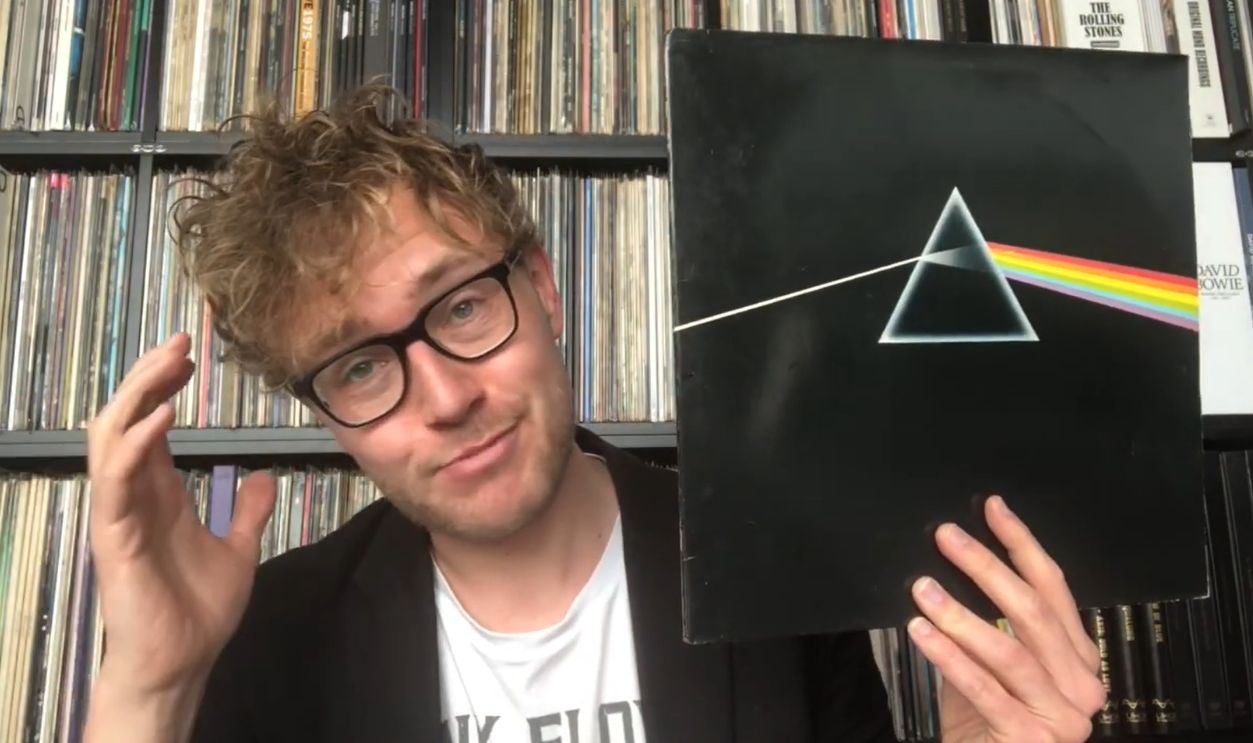 Review of Pink Floyd The Dark Side of the Moon, Top 5 Records
Review of Pink Floyd The Dark Side of the Moon, Top 5 Records
The Who – Tommy (1969)
A landmark in the rock opera genre, Tommy tells the story of the life of “the deaf, dumb, and blind boy.” Pete Townshend wove narrative cohesion with his own unconventional musical invention: the album’s songs map Tommy’s inner turmoil, spiritual vision, and eventual transcendence, making it one of the most important rock n’ roll concept albums.
 Tommy - The Who (1969) ALBUM REVIEW, Darren Lock
Tommy - The Who (1969) ALBUM REVIEW, Darren Lock
Pink Floyd – The Wall (1979)
The Wall charts the psychological isolation of the protagonist “Pink,” building a literal and metaphorical barrier around him. The album weaves personal trauma, fame, and alienation into a dramatic arc that became both stage show and film. While an album about the problems of a suffering rock star may sound self-indulgent, it’s hard to argue with the quality of the music.
 Pink Floyd - The Wall, Alex Mele Music Channel
Pink Floyd - The Wall, Alex Mele Music Channel
David Bowie – The Rise And Fall Of Ziggy Stardust And The Spiders From Mars (1972)
Bowie introduces Ziggy Stardust, the fictional rock star sent to save Earth who falls victim to excess. The album’s songs are episodes in the tale of Ziggy’s rise and demise. Thematically it tackled fame, identity, and apocalypse; possibly David Bowie’s best album.
Frank Sinatra – In The Wee Small Hours (1955)
One of the earliest examples of a true concept album, In The Wee Small Hours was recorded late at night and sequenced to reflect the solitude of heartbreak. Sinatra’s torch songs flow seamlessly from one to another, painting a cohesive emotional portrait of loneliness, regret, and lost love in cinematic style.
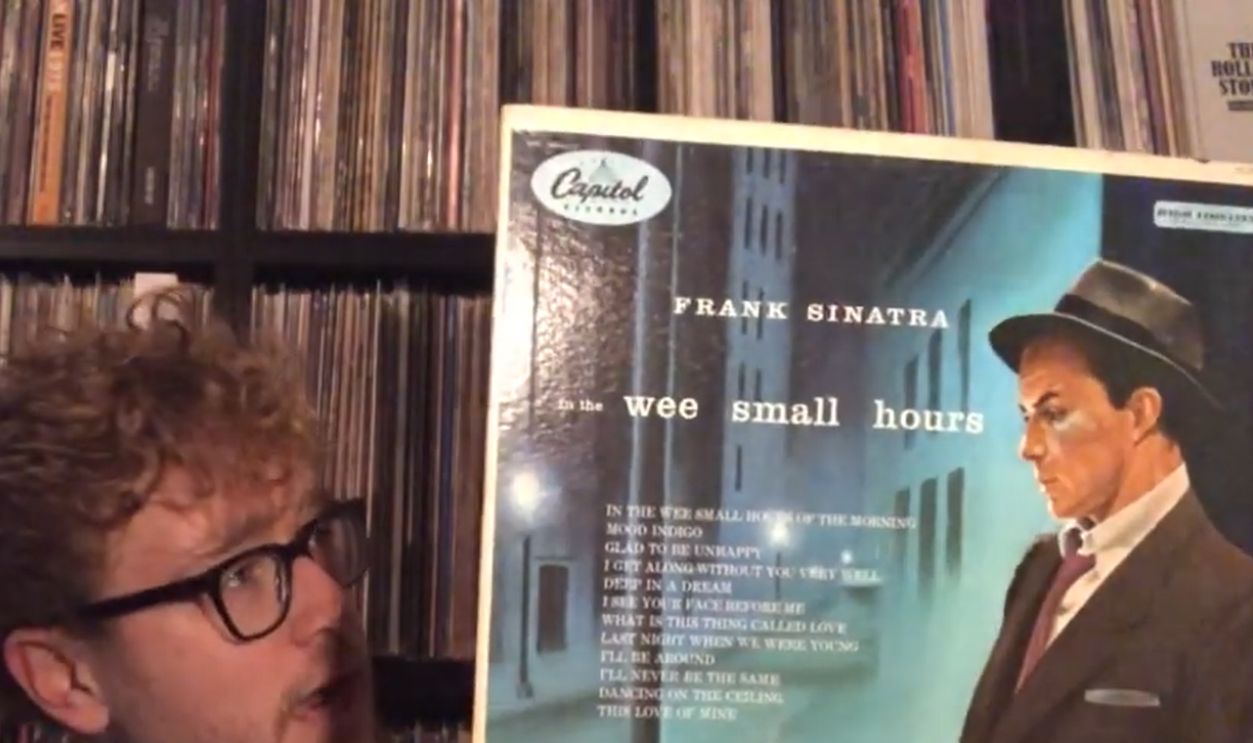 Review of Frank Sinatra In The Wee Small Hours - 1001 Albums, Top 5 Records
Review of Frank Sinatra In The Wee Small Hours - 1001 Albums, Top 5 Records
Lauryn Hill – The Miseducation of Lauryn Hill (1998)
Lauryn Hill’s debut solo album weaves hip-hop, soul, and gospel into an autobiographical concept exploring love, motherhood, and identity. Framed by sections of a classroom discussion, the record is a lesson in life, growth, and vulnerability, cementing Hill’s legacy as a visionary storytelling artist.
 LAURYN HILL - THE MISEDUCATION OF LAURYN HILL (VINYL UNBOXING), VINYL BVDDY
LAURYN HILL - THE MISEDUCATION OF LAURYN HILL (VINYL UNBOXING), VINYL BVDDY
The Moody Blues – Days of Future Passed (1967)
A pioneering fusion of rock and orchestral music, Days of Future Passed depicts the cycle of a single day, from dawn to night. The Moody Blues, backed by the London Festival Orchestra, crafted a lush suite alternating symphonic passages and poetic lyrics. Songs like “Tuesday Afternoon” and “Nights in White Satin” are the vessels taking the listener on this dreamlike journey through time and emotion.
 Vinyl 33rpm - The Moody Blues - 1967 - Days of Future Passed - Side A, Captivated Lens
Vinyl 33rpm - The Moody Blues - 1967 - Days of Future Passed - Side A, Captivated Lens
Woody Guthrie – Dust Bowl Ballads (1940)
Often cited as the first narrative concept album, Dust Bowl Ballads sings the story of the struggles of displaced farmers during the Great Depression. Songs like “Talkin’ Dust Bowl Blues” and “I Ain’t Got No Home” were songs that Guthrie sang, lived and breathed as he hitched his way westward to California in the 30s.
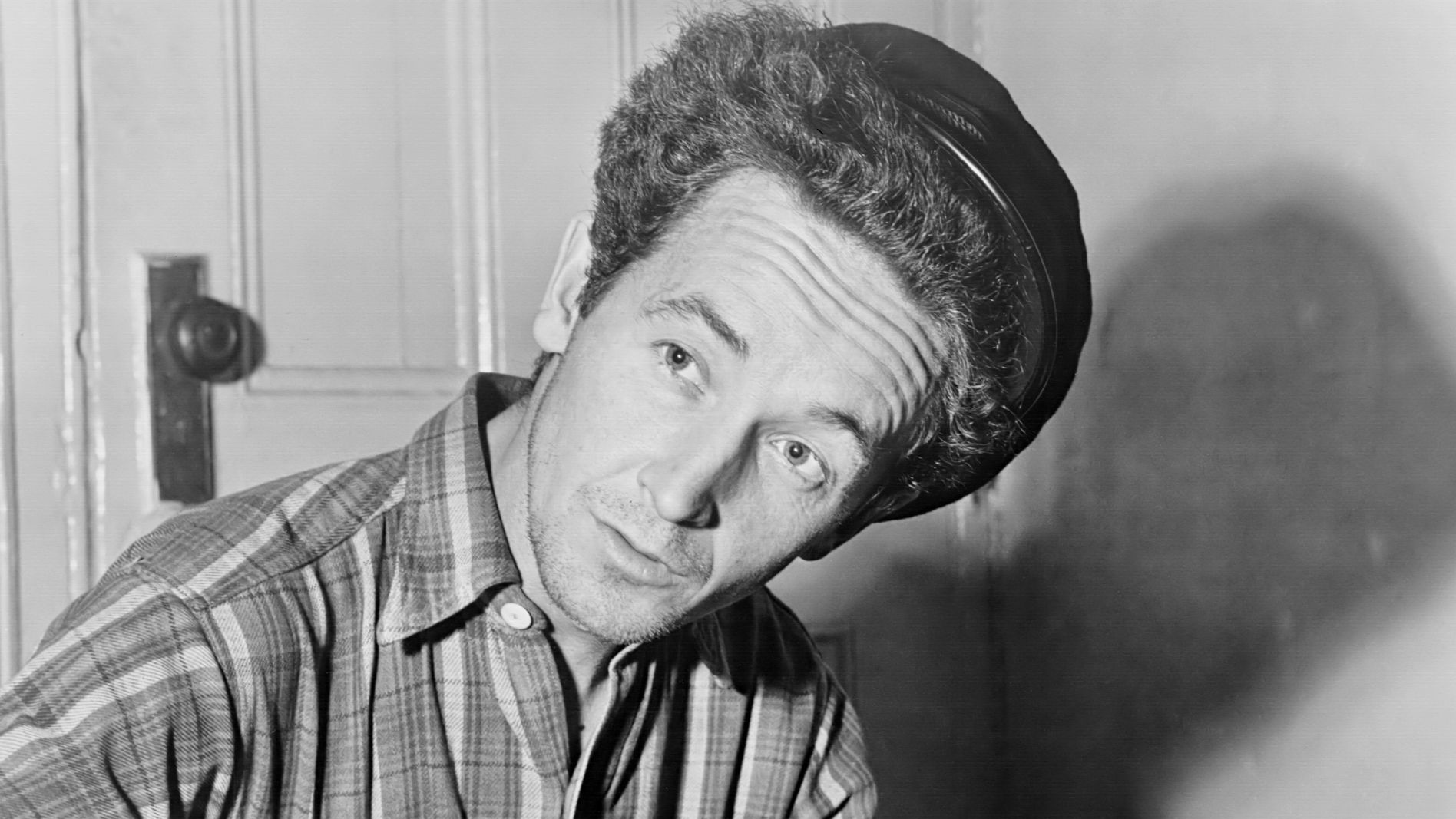 Al Aumuller, photographer. NYWT&S staff photograph., Wikimedia Commons
Al Aumuller, photographer. NYWT&S staff photograph., Wikimedia Commons
You May Also Like:
Are These Really The 50 Best Rock Albums Of All Time?
Iconic Albums That Had Wild Backstories We Never Knew
Everyone Loved These Hit Songs Until They Got Way Too Overplayed

